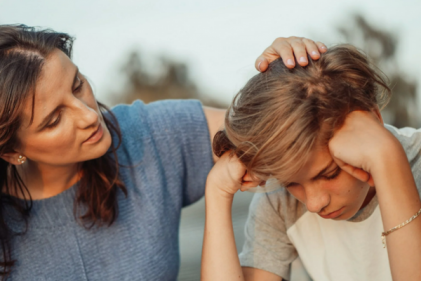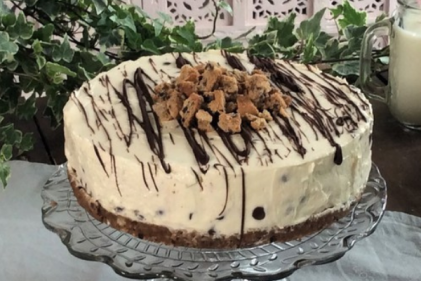Peer pressure is probably the one thing that all tweens and teens have in common. Whether it is pressure to conform to a group norm, or pressure to do something they don’t want to; peer pressure is something that your tween will have to deal with at one time or another.
Now that your child is a pre-teen, she will begin to spend a lot more time with her friends and less time with the family. This makes her more susceptible to outside influences, particularly in the form of peers. It’s important to bear in mind that friends can have a positive influence on your child. It’s a good idea to help her find friends that have similar interests and views as those you are trying to develop, including doing well in school, having respect for others and avoiding drug use, smoking and drinking, etc.
How successfully your child handles peer pressure depends a great deal on self-esteem and how she values herself. There are also certain personality traits that can make someone more prone to giving into peer pressure.
Now that your child is a pre-teen, she will begin to spend a lot more time with her friends and less time with the family. This makes her more susceptible to outside influences, particularly in the form of peers. It’s important to bear in mind that friends can have a positive influence on your child. It’s a good idea to help her find friends that have similar interests and views as those you are trying to develop, including doing well in school, having respect for others and avoiding drug use, smoking and drinking, etc.
How successfully your child handles peer pressure depends a great deal on self-esteem and how she values herself. There are also certain personality traits that can make someone more prone to giving into peer pressure.
Parents of tweens and teens typically talk about peer pressure a lot and often blame it when teens make poor choices. However, peer pressure is regularly misunderstood in a number of ways.
There are two types of peer pressure; negative and positive peer pressure.
Peer pressure doesn’t always have to be negative. While tweens and teens may pressure others into negative behaviours or away from positive behaviours, they can also push them in positive directions too. It’s also true that not all teens react to peer pressure in the same way. Gender and age play a role. For example, boys are more susceptible than girls to peer pressure, particularly in situations that involve taking risks. Younger teens or tweens are more easily influenced than older teens, with peer pressure peaking around the age of 12 or 13. Individual characteristics such as confidence level, personality and maturity also make a difference. Peer pressure varies according to the situation; being with one close friend or in a big group of friends may change the result.
The need for acceptance, approval, and belonging is essential during the tween and teen years. Teens who feel isolated or rejected by their peers are more likely to engage in risky behaviours just to fit in with a group. In situations such as these, peer pressure can hamper good judgment and cause risk-taking behaviour.
Peer pressure doesn’t always have to be negative. While tweens and teens may pressure others into negative behaviours or away from positive behaviours, they can also push them in positive directions too. It’s also true that not all teens react to peer pressure in the same way. Gender and age play a role. For example, boys are more susceptible than girls to peer pressure, particularly in situations that involve taking risks. Younger teens or tweens are more easily influenced than older teens, with peer pressure peaking around the age of 12 or 13. Individual characteristics such as confidence level, personality and maturity also make a difference. Peer pressure varies according to the situation; being with one close friend or in a big group of friends may change the result.
The need for acceptance, approval, and belonging is essential during the tween and teen years. Teens who feel isolated or rejected by their peers are more likely to engage in risky behaviours just to fit in with a group. In situations such as these, peer pressure can hamper good judgment and cause risk-taking behaviour.












